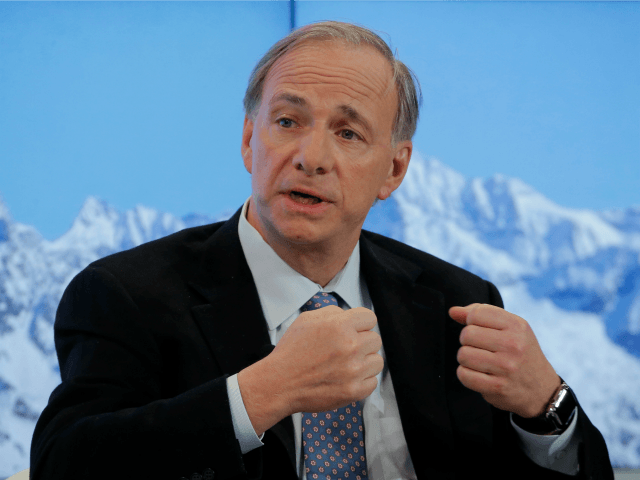The founder of the world’s largest hedge fund says that populism is likely to to play a bigger role in the economy than monetary or fiscal policies over the next year.
Ray Dalio, who runs the $150 billion dollar hedge fund Bridgewater Associates, published a lengthy paper on Wednesday that analyzes the role of populism in today’s world and in history. Populism is now at its highest level since the 1930s, according to the paper, “Populism: The Phenomenon.”
“We believe that populism’s role in shaping economic conditions will probably be more powerful than classic monetary and fiscal policies (as well as a big influence on fiscal policies),” Dalio and three Bridgewater colleagues write. Bridgewater is the world’s largest hedge fund.
The paper introduces a “Developed World Populism Index,” which Dalio says measures the strength of populism over time. It’s a weighted index of the vote share of anti-establishment parties or candidates in national elections for major developed countries since 1900. The index shows that populism is now at its highest level since the early 1930s. Contemporary populism includes supporters of Donald Trump, UKIP in the UK, AfD in Germany, National Front in France, Podemos in Spain and Five Star Movement in Italy.
The bulk of the study focuses on the history of populism, focussing on 14 leaders from the past in 10 different countries. Current populists aren’t examined in detail because “the stories of the ones in power or possibly coming to power are still being written,” Dalio writes.
“Populism is a political and social phenomenon that arises from the common man, typically not well-educated, being fed up with 1) wealth and opportunity gaps, 2) perceived cultural threats from those with different values in the country and from outsiders, the “establishment elites” in positions of power, and 4) government not working effectively for them,” according to Dalio. “In other words, populism is a rebellion of the common man against the elites and, to some extend, against the system.”
Dalio has changed his view on Trump a few times. In the weeks after the election, Dalio said his view of Trump was “broadly positive.” Speaking in Davos, Switzerland in January, he said that he believed there was “an optimistic possibility” that Trump’s policies would stimulate the U.S. economy. More recently, however, he has been fretting over possible downsides of Trump’s populism.
And now? “We have more questions than answers about him and are using these other cases to assess him against by seeing if he follows a more archetypical path [of populists past] or if he deviates from it significantly,” Dalio writes.

COMMENTS
Please let us know if you're having issues with commenting.